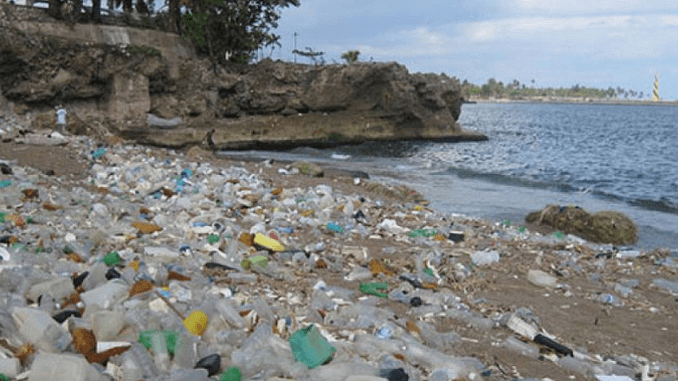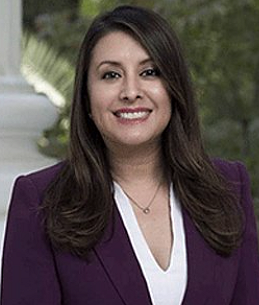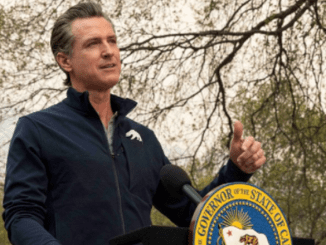
SACRAMENTO, California, August 10, 2022 (ENS) – The California Legislature has passed the Plastic Pollution Producer Responsibility Act, the nation’s most comprehensive policy to curb the sale, distribution and import of single-use plastic packaging and foodware.
Signed into law by California Governor Gavin Newsom, this landmark legislation took effect on July 1. It marks an ambitious step toward a plastic-free California, requiring all single-use plastic packaging and foodware to be recyclable or compostable. It requires at least a 25 percent reduction in plastic waste over the next decade.
Negotiated by environmentalists, the plastics industry and lawmakers, the legislative deal kept a California recycling measure off the November ballot.
Three individuals acting in support of curbing single-use plastics, were able to place a recycling measure on the ballot, but they agreed to withdraw it if the Legislature would pass and the Governor would sign into law a measure accomplishing the same goals. The Legislature did pass the Plastic Pollution Producer Responsibility Act on June 30, and the governor signed in the following day.
In response, Jay Ziegler, director of policy and external affairs at The Nature Conservancy in California, said, “California is leading the way on environmental protection and tackling the exponential rise in plastic pollution that is warming our planet, choking our waterways, polluting our air and contaminating our food and bodies.”
“For more than three years, The Nature Conservancy has worked tirelessly to achieve comprehensive action to reverse this trend. This historic shift away from single-use plastic would not have been possible if not for the leadership of the bill’s authors, State Senator Ben Allen and Assembly Chair of Natural Resources Luz Rivas; technical amendments from CalRecycle; and the efforts of our coalition partners at the Monterey Bay Aquarium, Ocean Conservancy and Oceana, among many others,” Ziegler said.

Assembly Chair of Natural Resources Luz Rivas, who represents parts of Los Angeles, said this bill, SB 54, differs from previous legislation on plastic reduction, because “This bill has received input from businesses, environmental organizations, and waste management groups, which proves that when we work together, we can take on important issues such as addressing our plastic pollution crisis.”
The new legislation requires plastics manufacturers to pay for recycling. “SB 54 requires producers to reduce the amount of covered plastic material that is coming onto the market by 25 percent by 2032, and bans existing polystyrene foodware unless it meets the stringent recycling target,” Rivas said.
The law creates the California Plastic Pollution Mitigation Fund, which will generate $500 million a year for 10 years paid by plastic producers and manufacturers to fund the monitoring and mitigation of plastic pollution primarily in disadvantaged, low-income, and rural communities.
Environmentalists praised this aspect of the new law. “As the nation’s longest-running curbside recycling program, we know firsthand how devastating the aggressive switch to plastic packaging has been on recycling programs, disadvantaged communities, public health, and the environment,” Executive Director of the Ecology Center in Berkeley, Martin Bourque, said.
“The plastic industry spends millions of dollars every year to trick the public into thinking all plastic packaging is recyclable,” Bourque said. “Now they will have to rethink their packaging strategies or pay full cost for their impacts.”
Featured image: Plastic trash on a California beach, 2016 (Photo courtesy University of California, Irvine)



